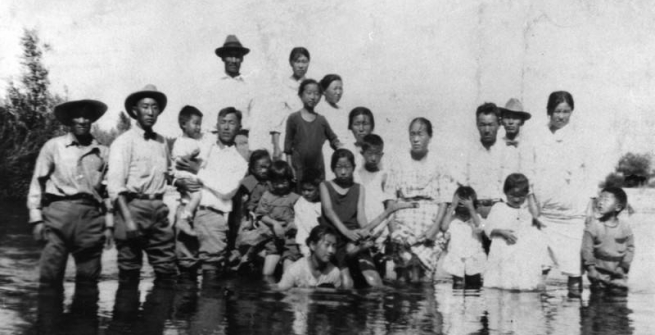Imagine waking up on a remote island one fine morning and deciding to travel to Asia. Which direction would you choose to go? If you choose East, linguistically you are on the right track, because one of the earliest derivations of the name Asia may be attributed to the root “Asu,” meaning light or rising, referring to Sunrise, hence the “Eastern Land.” The English word was borrowed from Latin, which in turn may be traced back to Ancient Greek word Ἀσία first attributed to Herodotus. And if we go even deeper into the origin of the history of the word, we may land to the east bank of the Aegean Sea, which was known to the Hittites as Assuwa.
What are the name origins for some of the Asian countries, such as China, Japan, Korea, Philippines, and Malaysia? The name China, although of uncertain origins, may relate to Sanskrit Cina-s "the Chinese,” perhaps from the Qin dynasty. When Latinized, it is Sina, from which we have the word sinologist. The name of Japan literally means ‘sun-rise’, ‘orient’, from jih (ni) sun + pŭn (pon, hon). The name Korea, the modern spelling of “Corea,” originates from the name of a Korean kingdom of Goryeo founded in 918 and was transliterated as “Cauli” in Italian from the Chinese Gao li (literally means “high serenity”) and used by Marco Polo. The name for the Philippines comes from the name of Philip II of Spain, as compared to Spanish Islas Filipinas. The name "Malaysia" is a combined word for "Malay" and Latin-Greek suffix "-sia"/-σία. In Malay, the word "Melayu" may have derived from the Tamil words "malai" and "ur" meaning "mountain" and "city, land", respectively.
A Century of Asian Pacific American History, 1900-1990s celebrates Asian Pacific American Heritage Month in photographs from Shades of L.A. of the Tessa collections of Los Angeles Public Library, covering the time period from 1900 to 1990s.
